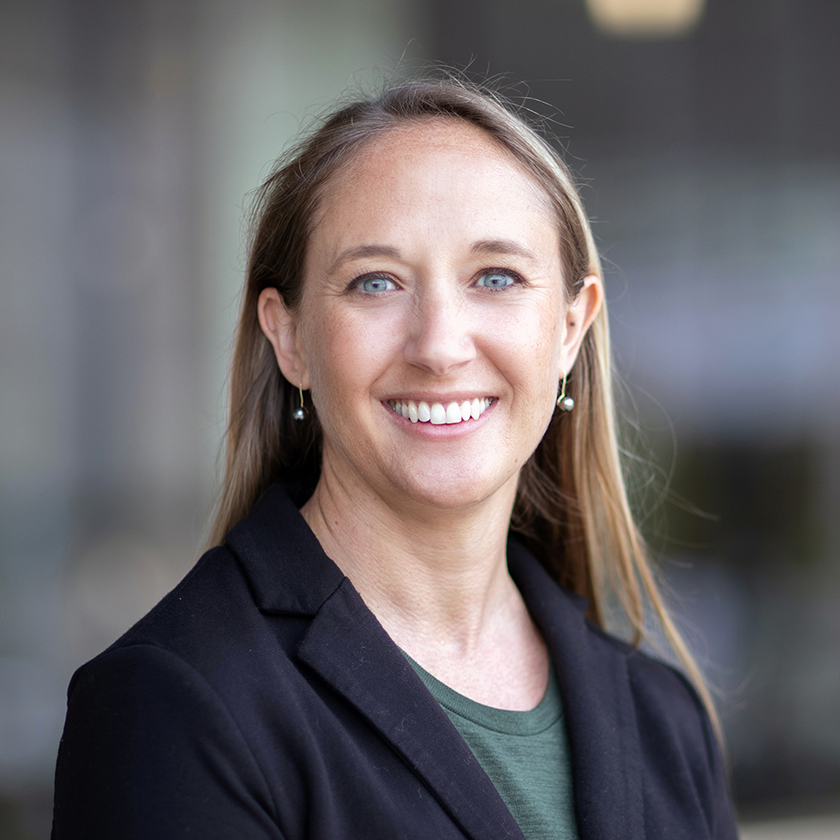
Maggie Johnson
Assistant Professor, Marine Science
Biological and Environmental Science and Engineering Division
Understanding how and why coral reef communities are declining in this era of rapid ocean change provides insight to future reef trajectories and will help us develop science-based mitigation strategies to ensure the persistence of our ocean’s most biodiverse habitat.
Program Affiliations
Biography
Professor Maggie Johnson's research focuses on understanding how coral reefs are changing in the Anthropocene, with a particular focus on understanding the roles of key algal taxa on coral reefs (e.g., crustose coralline algae) and evaluating how their functions are influenced by environmental change. She is particularly interested in how warming temperatures, ocean acidification, and deoxygenation are altering the structure and functioning of coral reef habitats. By focusing on algae- the understudied reef-builders on coral reefs- her work fills gaps critical gaps in our understanding of the current and future face of reef ecosystems. Prior to joining KAUST in 2021, she was a postdoctoral scholar at Woods Hole Oceanographic Institution, U.S., and the Smithsonian Institution, where she led some of the first research into effects of deoxygenation on stony corals. She holds a Research Associate appointment with the Smithsonian Tropical Research Institute in Panama, where she continues her work on degraded Caribbean coral reefs - in addition to her work in the tropical Central Pacific Ocean and throughout the Red Sea. She is an elected representative to the International Coral Reef Society and the Journal of Phycology, and a standing member of the Phycological Society of America.
Research Interests
Professor Johnson has devoted her career to understanding how human activities are altering coral reefs around the world. Professor Johnson studies coral reefs from the central tropical Pacific to Caribbean Panama and the Red Sea, seeking to understand what role humans are playing in the rapid degradation of these valuable ecosystems. She uses a combination of field and laboratory-based approaches to 1) evaluate and monitor the structure and function of coral reef ecosystems; 2) quantify inherent natural heterogeneity in key environmental parameters including temperature, dissolved oxygen, and pH; 3) explore how environmental gradients influence the biodiversity of primary producers on coral reefs; and 4) determine the implications of local and global environmental change for these foundational coral reef taxa. She is particularly interested in the role of macroalgae on coral reefs and explores these research themes through the lens of crustose coralline algae and other calcifying algal taxa. In addition to her research interests, she is strongly committed to supporting women and underrepresented groups in STEM and actively works on recruiting and supporting a diverse research group.
Education Profile
Postdoctoral Scholar, Woods Hole Oceanographic Institution, 2019-2021
Postdoctoral Fellow, Smithsonian Institution, 2016-2019
Ph.D. in Marine Biology, Scripps Institution of Oceanography, 2011-2016
M.S. in Biology, California State University, Northridge, 2008-2011
Prof. M.S. in Marine Biology, Northeastern University Three Seas Program, 2005-2007
B.A. in Biology, Colby College 2001-2005

